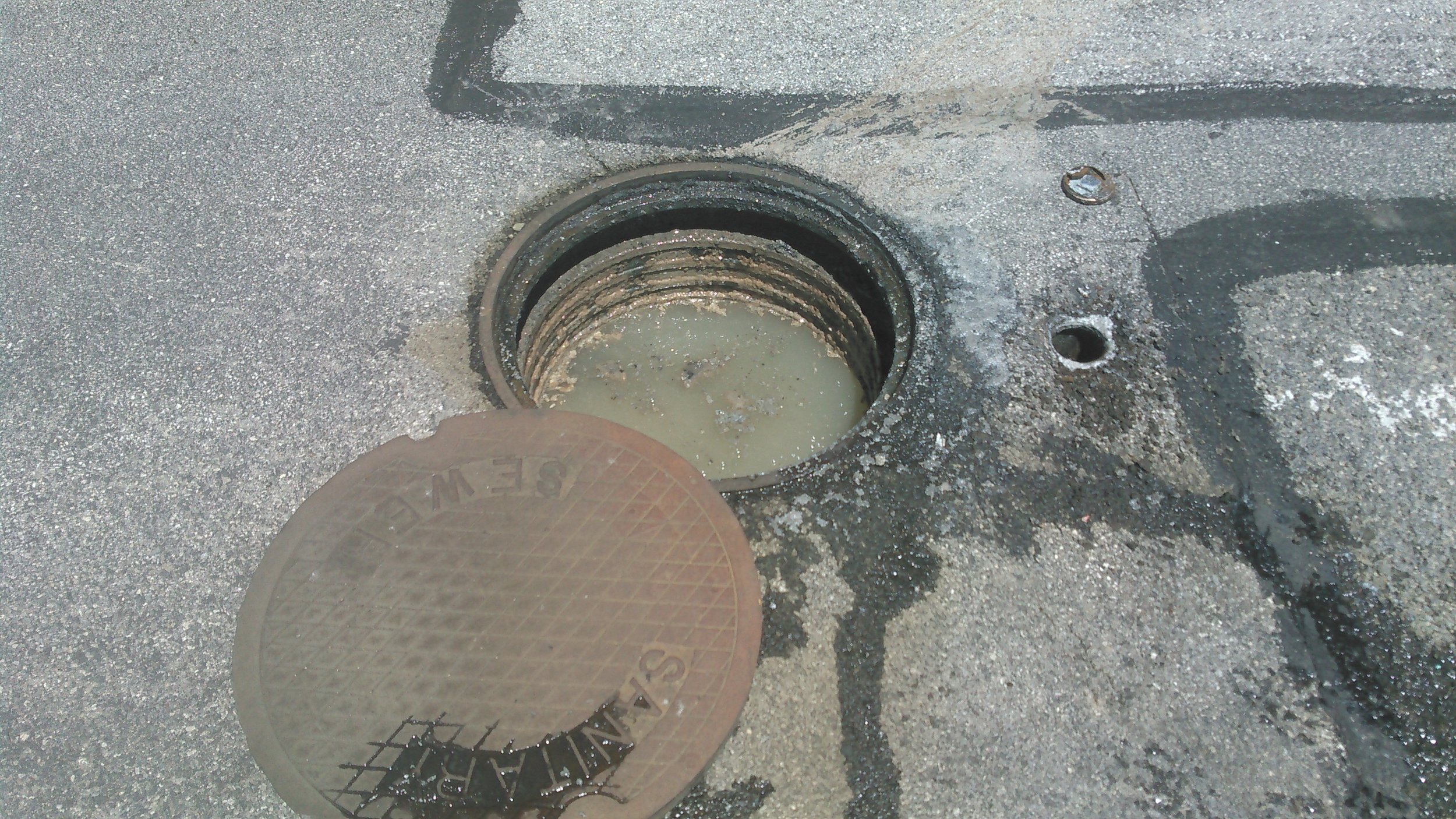Facts That Why It Is So Important For You To Clean The Grease Trap Regularly
It is common all around the world that every kitchen generates grease, whether it is commercial or residential. From grilling burgers to cooking steaks to frying vegetables in oil, each chef and kitchen staff member has to contend with their grease trap daily. After months of scraping, spraying, and rinsing, it can become easy to forget just how vital this menial task is to the success of your restaurant. So, one should follow some essential tips to keep traps grease-free. With that in mind, here are a few reminders about the importance of grease trap cleaning.
Regular drain cleaning can avoid drainage clogging:
At its core, the trap catches grease before it reaches the typical drainage system. Because the grease sits consistently, the oils and fats do not drain properly in a drainage system. Grease trap cleaning is also essential because if the contents overflow, they will enter the standard drain. If this happens, there are a few issues that can occur. Firstly, the waste can clog. If this happens, it makes all kitchen cleaning impossible until the pipe is cleared. It not only slows down business but makes for a very unpleasant working condition.
It is hard to clean the oil and fats from a pipe, and it will take a plumber a long time to fix a significant clog. The more considerable concern is if the contents do manage to get through the kitchen drain and enter the sewage system. If this occurs, the grease can clog up public septic tanks and other waste disposal systems, causing significant problems for a large group of people. If a septic tank in a commercial area were to back up, human waste could bubble up to the surface, causing odours and significant damage to the ground where the tank is buried.
For the safety of the kitchen, it is essential to clean the grease trap:
Grease trap cleaning is essential to avoid the most dangerous type of kitchen fire. A grease fire burns extremely hot and is very difficult to extinguish. Pouring water on this type of flame will do nothing but spread the fire further throughout the kitchen, eventually getting too large to contain. Avoiding these types of fires is simple when there is only a small amount of oil to deal with. If one pot or pan catches fire, it is easy to smother the flame and deprive it of oxygen. However, when fats and oils are not properly cleaned, they spread to areas you would not even think to check. All it takes is one stovetop burner left unattended, or a few moments where the grill gets too hot, and suddenly the kitchen can become a raging inferno.

